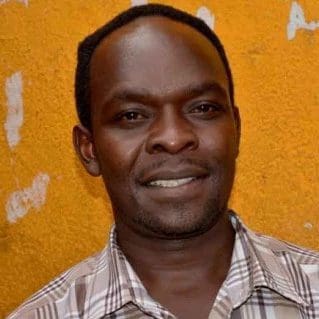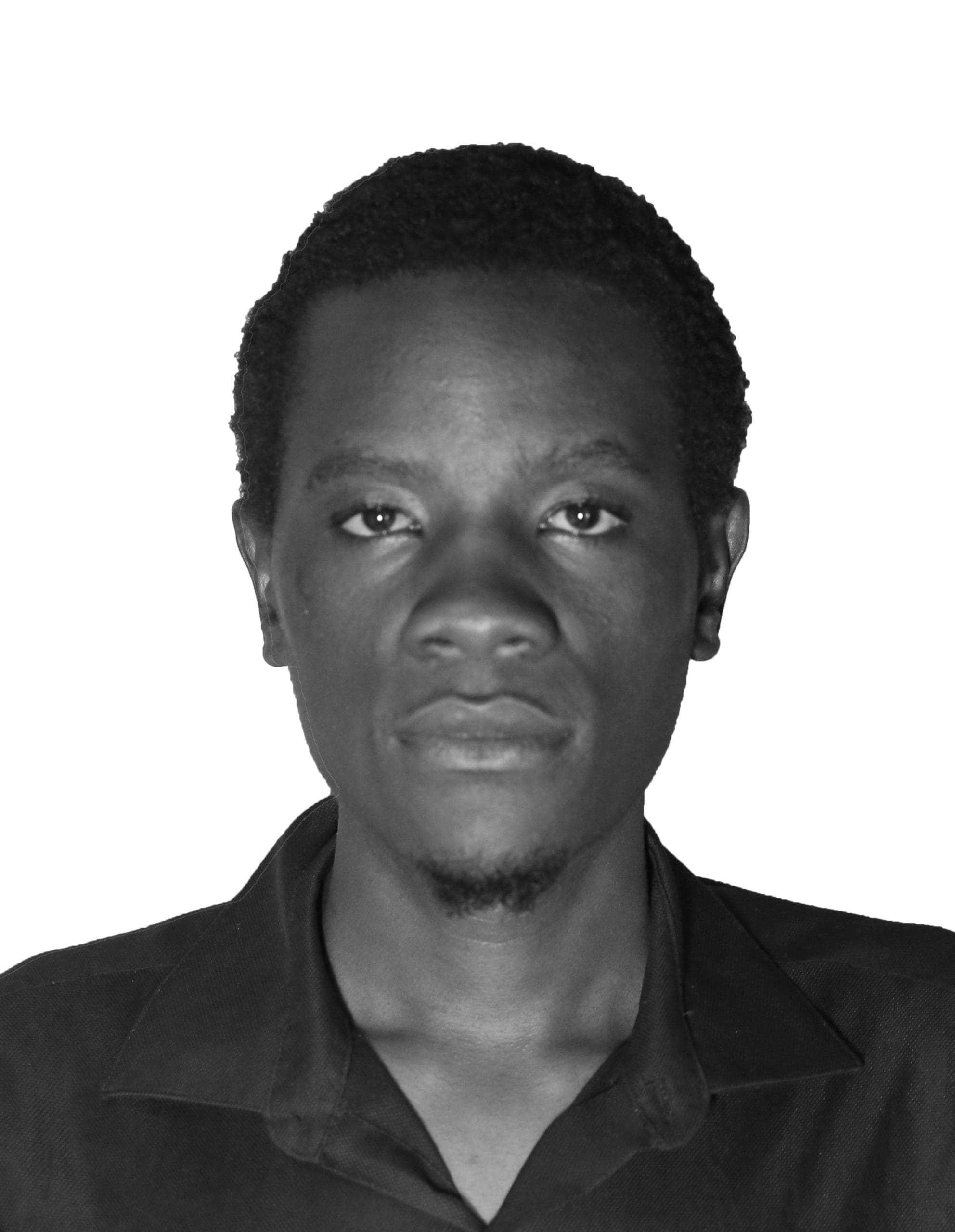Former grave robber recounts shootout that led to reform
Our target was not the poor, who are buried like dead animals covered with soil. We liked the graves of the rich, covered by a raised, cemented slab.
- 3 years ago
November 16, 2021

NAIROBI, Kenya—I’m a preacher, a husband and a father; an honest man making an honest living. But 20 years ago, I was a near-lifetime criminal who robbed the living and dead alike. I’ve had several near-death experiences, but one caused me to leave that life behind and never look back.
Robbing the dead
I was a young man in my 20s and had been in and out of prison since I was 11 for crimes like theft, mugging and armed bank robbery. Tired of dealing with the living, I wondered—why should I face down the police with a gun when I can make a living from the dead?
I formed a gang of eight strong men, people who were bold enough to make money without fearing curses from the dead. Altogether, we dug out more than 1,000 coffins. In addition to stealing the expensive coffins themselves, we never spared any valuable a corpse was buried with, be it shoes or an expensive suit.
We no longer feared the police, because they, like everybody, feared the dead. Our worry was only the foul smell of the bodies and maybe evil spirits. We overcame these misgivings after discovering that smoking bhang, or cannabis, before our digs gave us a very unique form of confidence. In fact, we used to ride on the Bible verse (Ecclesiastes 5:15) that says “empty we came, empty we will go.” We were just helping ensure the dead did indeed go empty as they came.
I bought newspapers daily, read the obituary section and identified potential targets. We visited the bereaved home a day or two before the burial and attended the burial itself, all for planning purposes.
Our target was not the poor, who are buried like dead animals covered with soil. We liked the graves of the rich, covered by a raised, cemented slab. It was actually easier removing the slab than removing loose soil covering a body.
Thanks to our pre-planning, by the time we began any work we knew: here we will only need a coffin, or we need the coffin and whatever the dead was wearing.
A dirty, dangerous process
When it was time: we removed the slab covering the coffin slowly. Someone would get in the grave, remove the corpse and then throw the body back in the grave once the coffin is removed. If time allowed, we returned the slab to its former state and disappeared with the coffin.
What saved us most is that people feared the dead, and very few would check if the coffin is still there when they notice some interference with the grave.
In some cases, wealthy people didn’t want cemented graves due to tradition or their personal wishes. In such cases, we had a much harder night in store.
On the evening of the burial, we identified a good hotel around, then one of us bought food and keep it in our car nearby. When the time came, we carried the food to the site. Removing soil was an exhausting, dirty task—it could take us four or five hours. Everything had to be done in one phase; there was no time to return later to finish up.
It was a continuous cycle: one man digs with a spade, another acts as lookout; still another is ready with tools to get the coffin out quickly and in good shape. When one person tires, they take a brief break and another jumps in to relieve him.
Handling the dead was challenging. Bodies are heavy, and seem to become heavier after they die. In some cases we had to execute our plan a day or two after the burial. You can imagine how foul those bodies smelled.
Our last grave-robbing mission
The mission that transformed my life occurred in June 2000. Our crew was down to four members—villagers had cornered and lynched the others in a previous grave-robbing gone wrong.
The remaining three and I went on a mission at the Langata Cemetery. All went well; we got our coffin as usual. However, the vehicle that was supposed to come and pick us was delayed.
We couldn’t leave the coffin—that could be a big waste. It could also raise questions among families and possibly heighten security. It was early morning, and we had to do something.
We quickly decided to cross over to Langata Road, just next to the cemetery. We hijacked a van that transports newspapers. The driver surrendered at the sight of my gun and immediately left the vehicle.
We drove it to the gravesite and loaded our plunder into the cargo area. My three colleagues sat in the front of the van, while I sat with the coffin. It was the type where I couldn’t see what was happening outside, and neither can the person outside see what is happening inside.
We headed toward the Nairobi City Center but didn’t know that the driver had alerted cops and they were trailing us. They attempted to pull us over, but my colleagues ignored them. Seconds later, the officers poured bullets into the cab, killing the remaining members of my gang instantly. I was at the back, just hearing the sound of gunshots. I couldn’t do anything for them—instead I jumped into the coffin and pretended to be dead.
Turning point into a life of redemption
I still don’t know where I got the crazy idea of hiding in a coffin, but it was my saving grace.
The officers opened the back door and removed the coffin, not knowing a living person was inside. Hundreds of city residents had surrounded the scene, some watching the bodies of my colleagues being removed from the vehicle while others gathered to see what was happening.
All at once, I pushed off the cover of the coffin, and everything erupted into chaos upon seeing a dead man walk. The scene cleared out in minutes, and I took the opportunity and ran away.
Fear, worry and restless energy filled me that day. I sweated profusely, terrified and haunted about what had happened to my colleagues.
Hours after my colleagues were sprayed with bullets, I walked to Kamukunji Police Station and surrendered my gun. I was imprisoned for six months following the surrender, but that was a short stay compared to some of my past stints in jail and prison.
Once free, I confessed all my sins, and gave away all I had remaining from the proceeds of my crimes. I don’t regret quitting that way of life and following Jesus, it is the best decision I ever made.
































































































































































































































